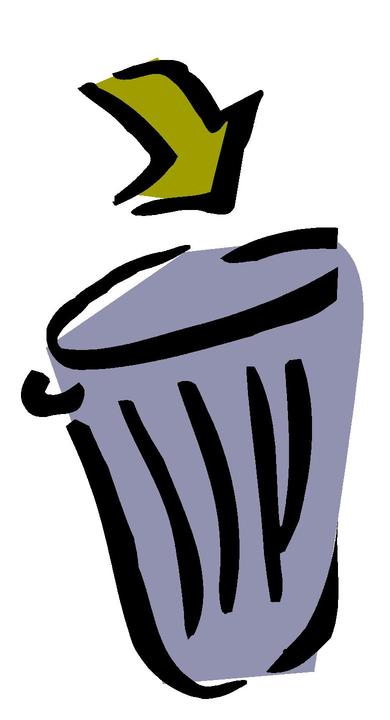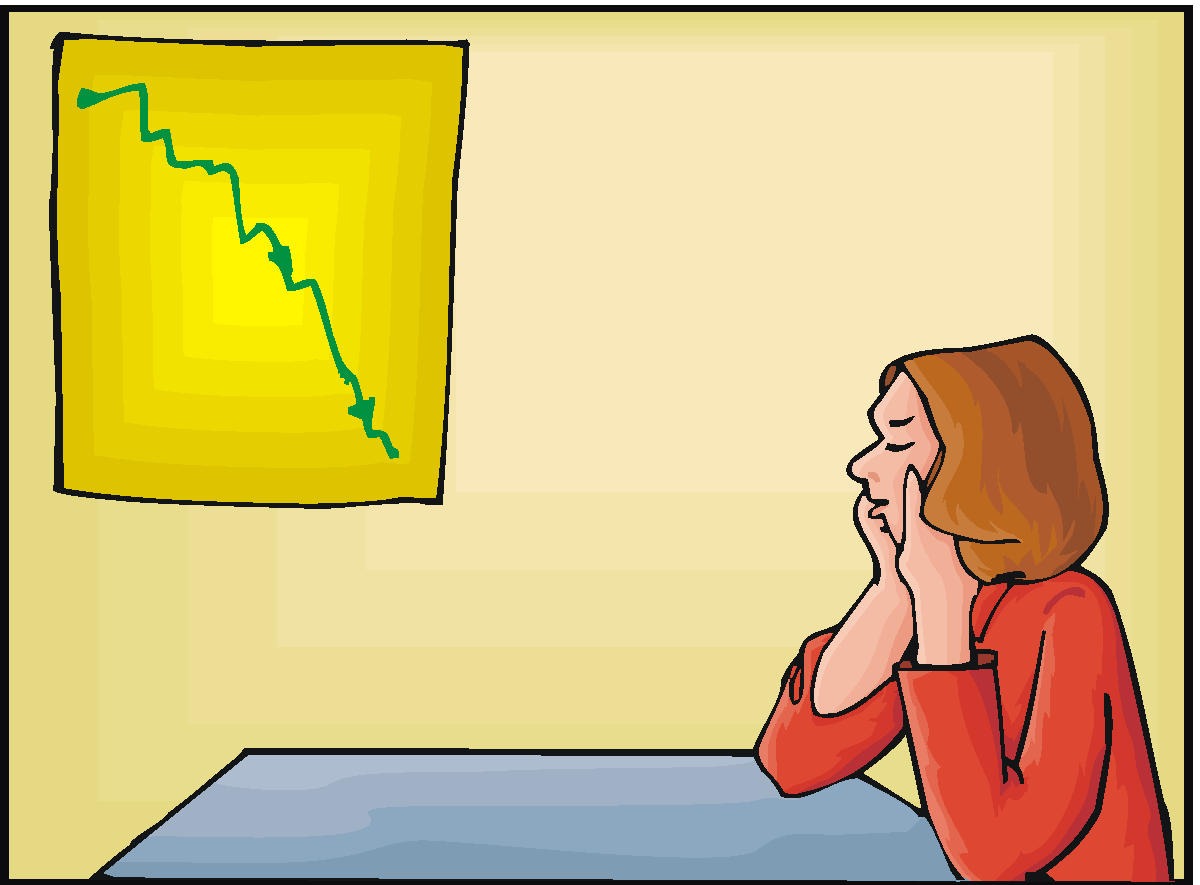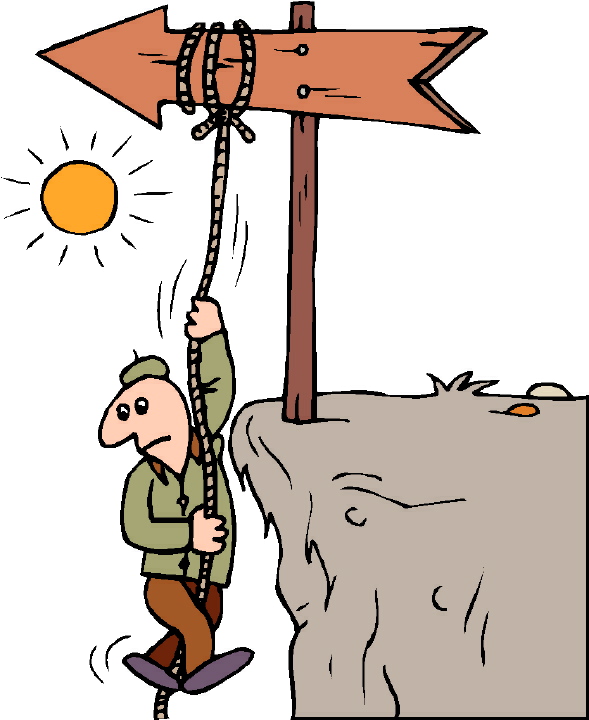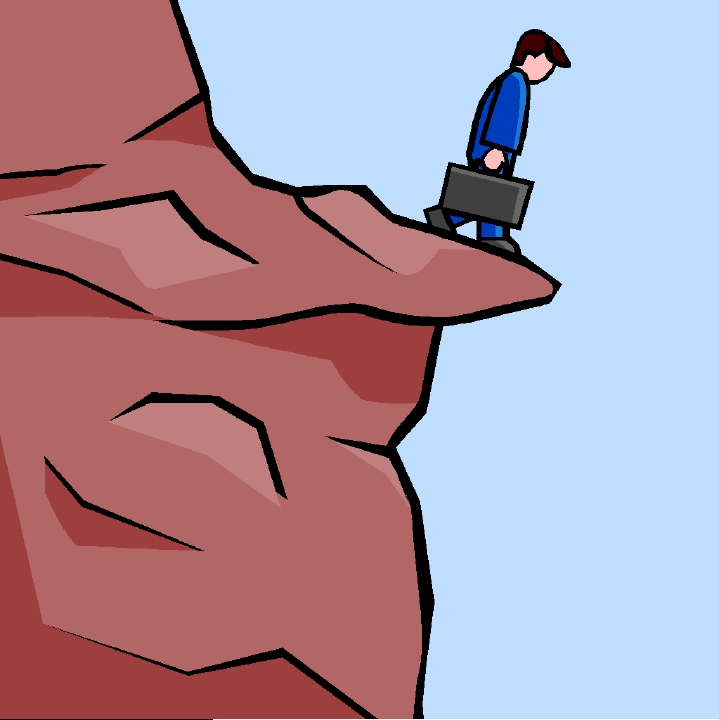 The Winter of Our Discontent
The Winter of Our DiscontentThe Bush administration used the 9/11 attacks as an excuse for the biggest increase in military spending and police power since WWII.
Now it is using the market correction (caused largely by its own interventions in the credit industry) to expand state power in the financial area. Half of all Americans pay their mortgages, directly or indirectly, to the federal government. Most older Americans depend, in whole or in part, on money from the government to live. Now, Americans depend on the government to keep house prices up - by subsidizing demand for mortgage backed securities - and to keep up stock and bond prices too - by buying up Wall Street's mistakes. Homeowners want protection from their own bad judgment. Investors want protection from Mr. Market. The old want free medicine. The young want free schooling. The unemployed want jobs and money. The rich want politicians in their pockets. The poor want the rich's money. Investors, homeowners, pensioners - is there anyone left in America who isn't trying to pick someone else's pocket?










